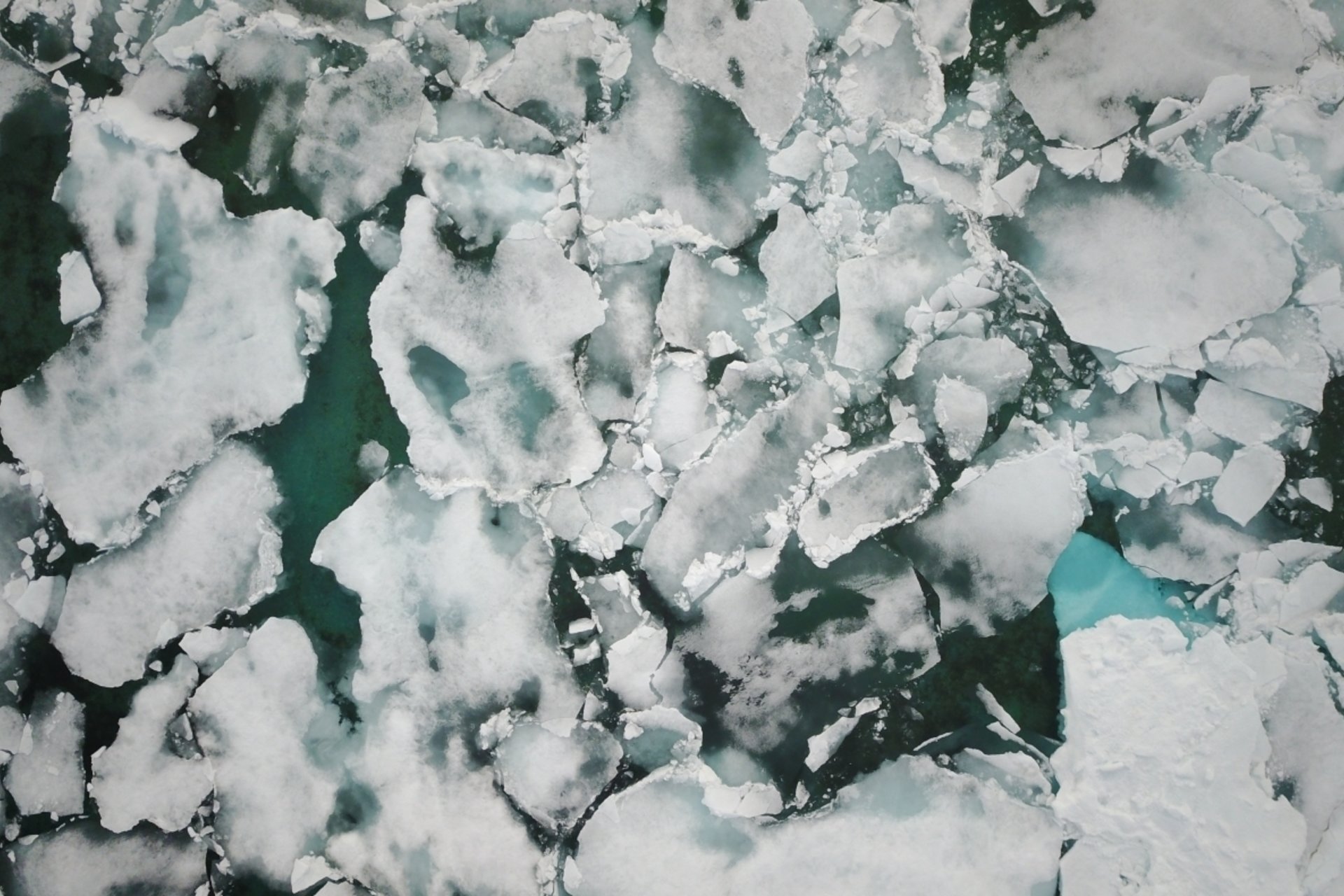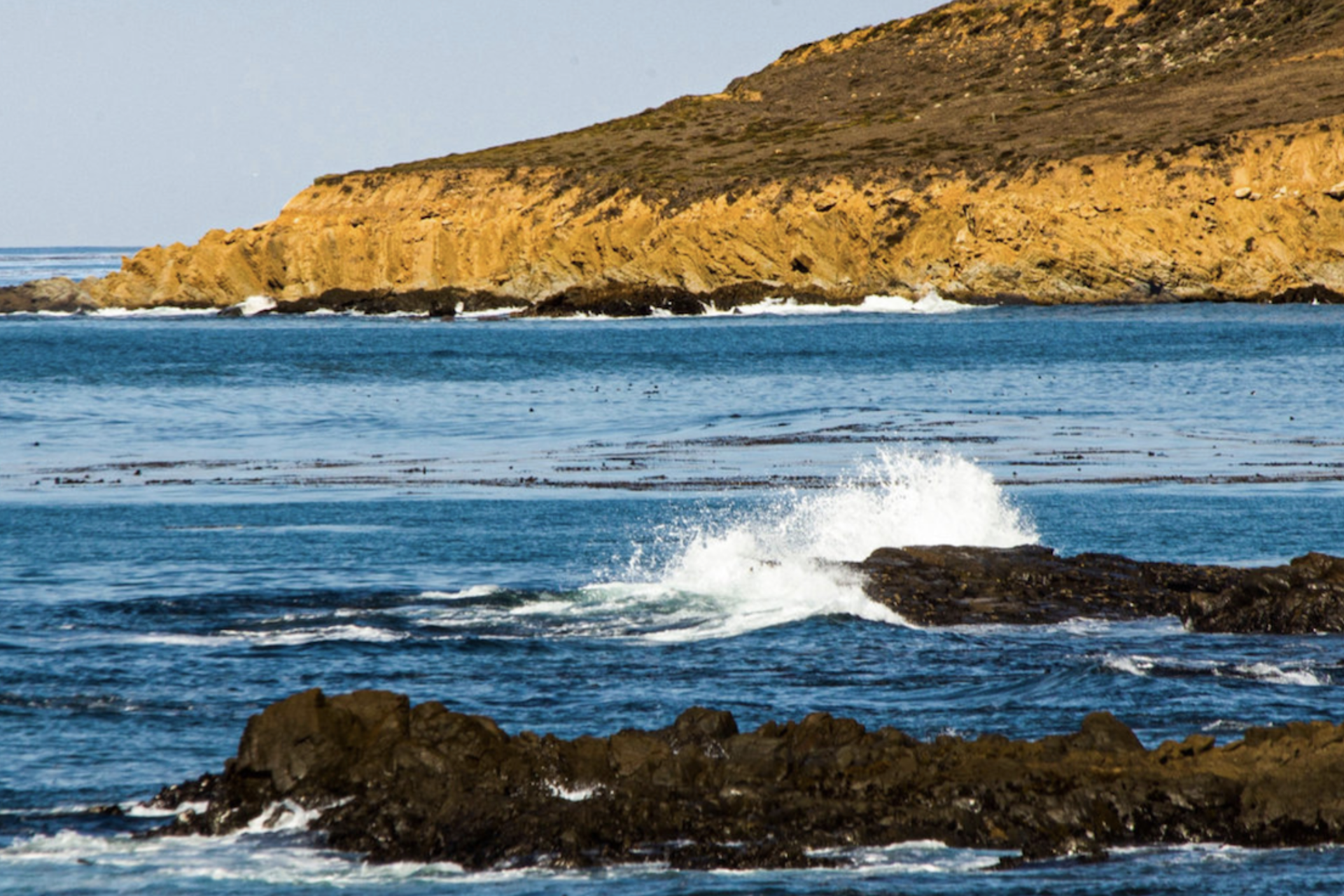Q&A with Steve Palumbi on saving coral
As the climate warms up, ocean heat waves are damaging coral – causing what’s known as coral bleaching. Scientists have established this fact and detailed the present and future consequences. Now, it’s time to do something about it.

As the climate warms up, ocean heat waves are damaging coral – causing what’s known as coral bleaching. Scientists have established this fact and detailed the present and future consequences. Now, it’s time to do something about it. This is the basic motivation behind a National Academies of Sciences, Engineering, and Medicine study conducted by a committee chaired by Stanford University marine biologist, Stephen Palumbi. The first of these reports was published Nov. 28 and the second report is scheduled to come out in 2019.
“This is the first of two reports which are intended to determine what we can do to make coral reefs more resilient to climate change,” said Palumbi, who is the Jane and Marshall Steel Jr. Professor in Marine Sciences and a professor of biology in the School of Humanities and Sciences. “ This report is like laying out our tools to see what people are talking about, what they have tested already, how far they’ve gotten, what the risks are, the limits, the advantages, the costs. Everything that we could find out about interventions is in this report.
Explore More
-
The inaugural awards will enable research teams to pursue interdisciplinary ocean and coastal projects that address impacts of environmental change in the Bay Area and beyond.
-
A new research partnership will combine Indigenous and scientific knowledge to monitor marine life in a sacred tribal region that may be a bellwether of how native species will fare in the face of climate change.



